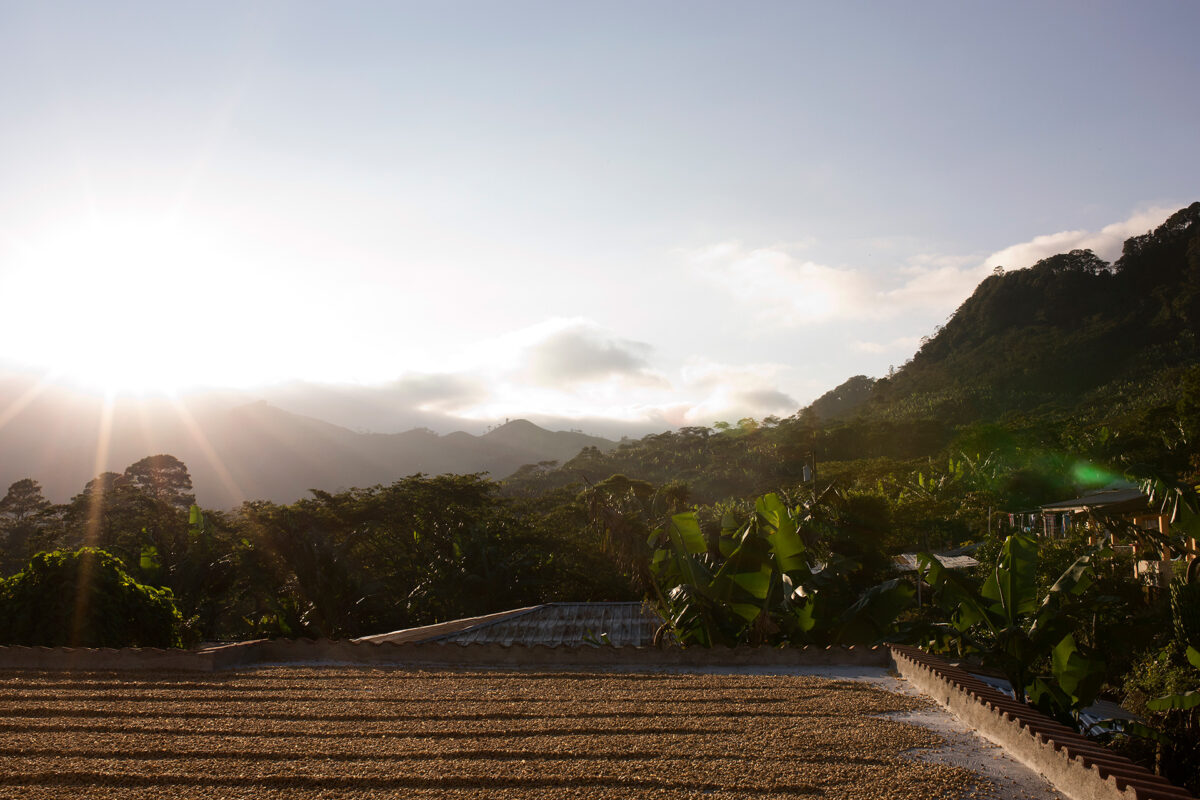Fairly compensating coffee farmers is a constant topic of discussion within the coffee community. Coffee is a product with a history rooted in colonialism and even today much of the coffee industry extracts profits from producing countries, leaving farmers scrambling to cover their costs of production. One way farmers, importers, and roasters address this issue is through community supported agriculture (CSA).
There are many types of CSA, but in a basic sense it is a system where a group of customers pay in advance for some or all of a farm’s harvest. This creates a relationship between farmers and customers that collectivizes both the risks and rewards of agriculture.
CSA is not new in coffee, but it remains a small part of the market. Still, there are a number of companies that are pushing the envelope of CSA.
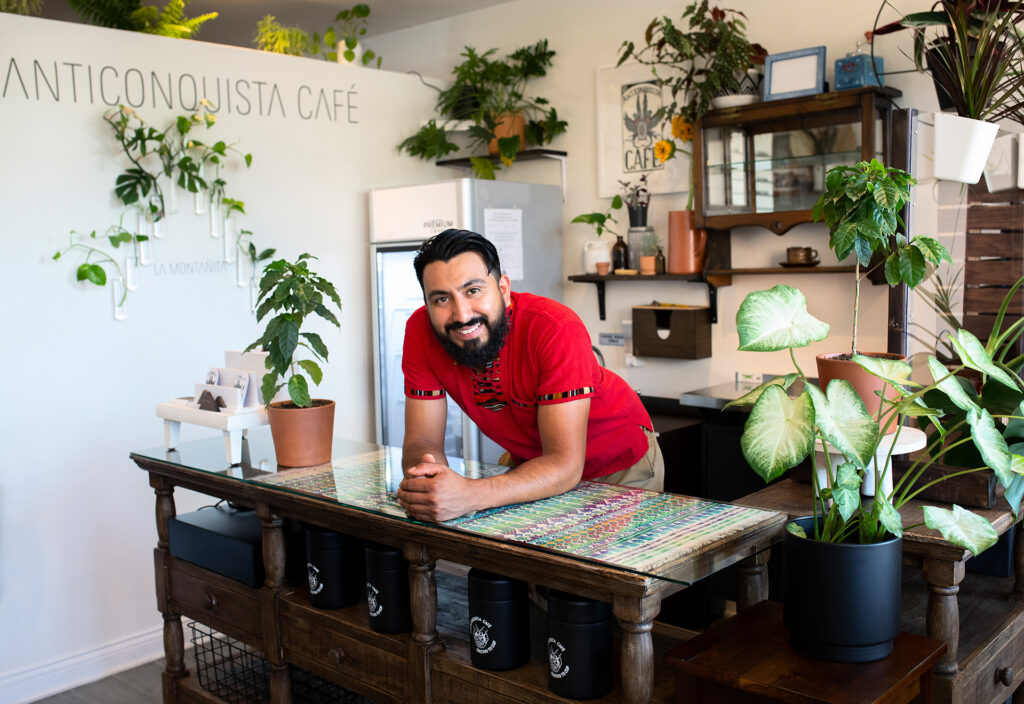
Anticonquista Café, a family-owned farm and roastery with its United States base in Chicago, started off serving coffee from a bicycle at events and farmer’s markets. After noticing how many repeat customers they had and talking to other vendors they decided to try out a CSA style program.
“We were inspired by our fellow farmers at the markets with their CSA models for Midwest fruits & veggies, and with the reduced amount of waste from packaging materials,” explains Lauren Reese, one of Anticonquista’s co-owners. “As a family-farm owned coffee roaster, we felt a CSA model for our coffee subscription was a way to bring us (the growers) and the marketgoers together through education, mutual support and to share the risks and benefits of coffee production.”
At Anticonquista, customers enroll in advance for either a Spring/Summer or Fall/Winter subscription and then pick up their coffee monthly or bi-weekly. This model means that before the coffee is even harvested the company has customers signed up to buy it, and an almost guaranteed source of steady income throughout the subscription period.
Anticonquista’s system is similar to the style of CSA employed by many produce farms in the US. However, there are other companies that take the same ideas of community support and crop pre-financing and apply them slightly differently.
An example is Junior’s Coffee in Portland, who launched their Community Funded Coffee (CFC) program in late 2021.
“Similar to a CSA (Community Supported Agriculture), a CFC subscription pre-finances a portion of our partnering coffee farmer’s crops in exchange for a portion of their coffee harvest,” explains Carol Tessitore, project manager for Community Funded Coffee. “Each quarter (every three months), we partner with a different coffee farmer, so subscribers have the opportunity to try coffee from several different growing countries and regions.”
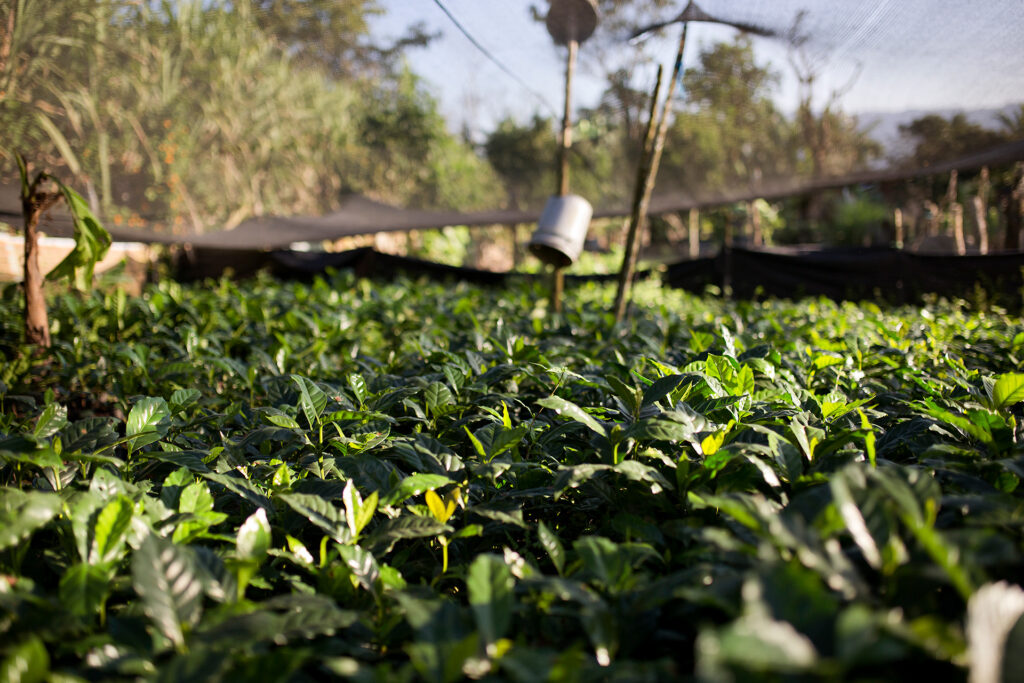
Even within specialty coffee the market can be volatile, and natural disasters, political issues, or even something like the COVID-19 pandemic can cause large fluctuations in the price of green coffee. Paying for a harvest in advance has the potential to put coffee farmers and buyers on more equal footing, lessening the often exploitative nature of the relationship. When farmers are paid up front they are insulated from some of these price fluctuations, and the risk of a smaller or lower quality harvest is shared more evenly between coffee producers and buyers.
“Farmers receive advance working capital, gain financial security, earn better crop prices, and benefit from the direct marketing plan,” writes Reese.
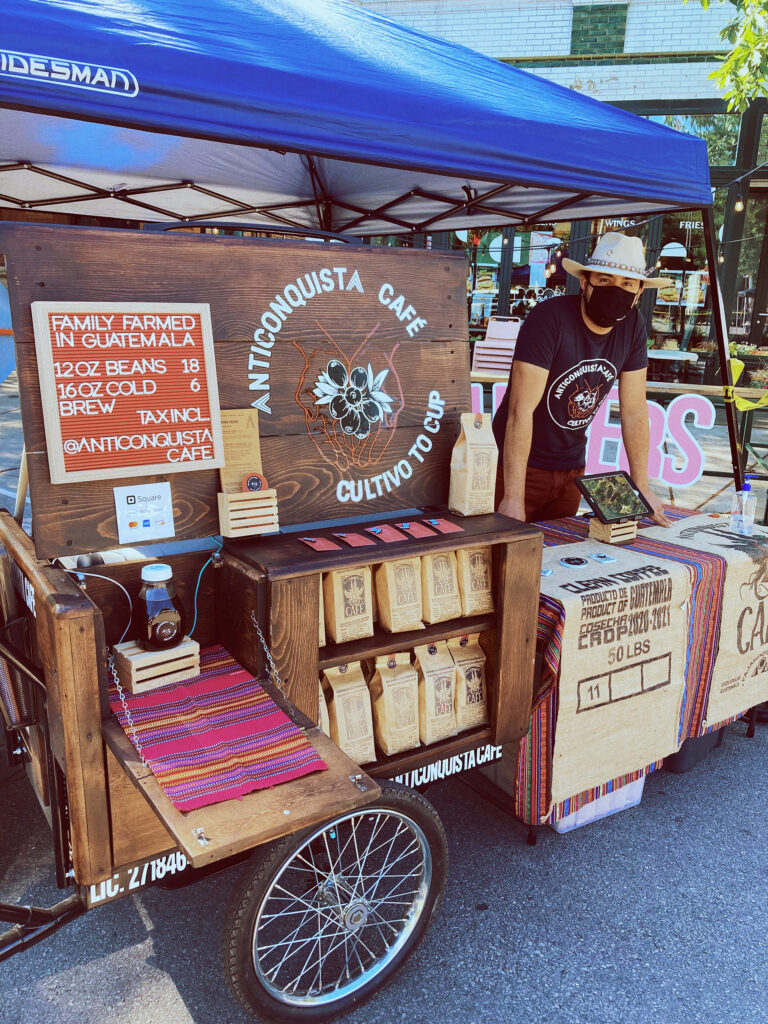
The direct marketing aspect of CSA can be a chance to educate coffee drinkers on the process of coffee production. Since customers are invested in the success of a farmer’s crop there is a unique opportunity to educate them on coffee farming, processing, transport, and roasting. This education is often important because customers are used to readily available bags of coffee that they can simply pick off of a shelf.
“At a time when one can receive goods with next day shipping, it was a little tricky to get people to adjust to the timeline of coffee seasonality let alone shipping delays,” notes Tessitore. “We believe an ancillary benefit of the project is learning about global food system dynamics and food systems challenges like adverse weather events and global patterns that affect equity within the food system and global food security.”
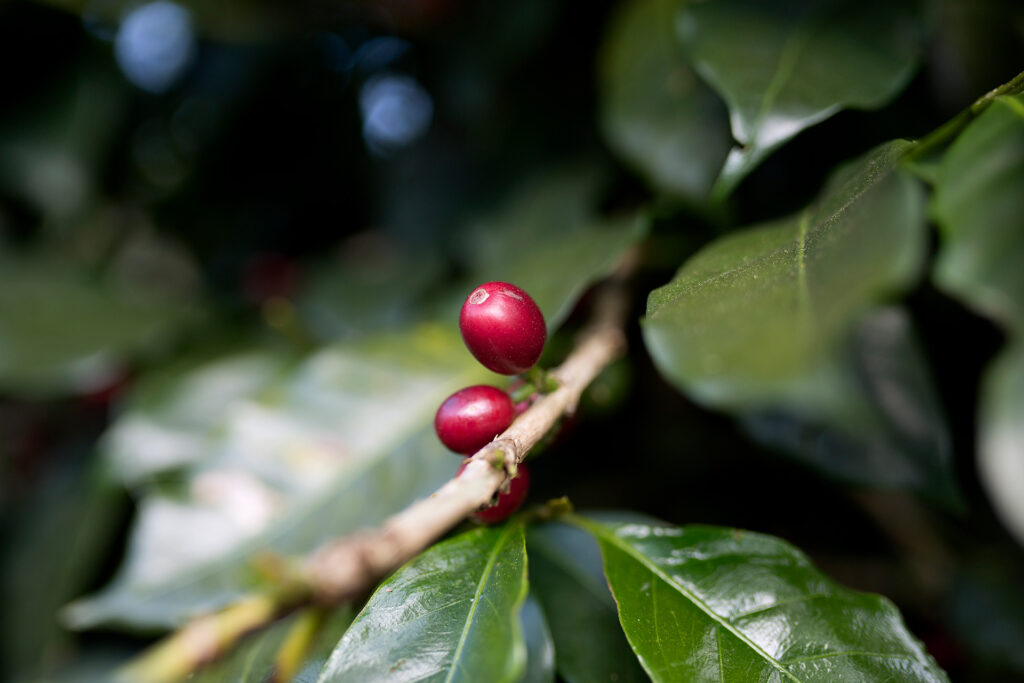
Teaching coffee drinkers about where their coffee is coming from and creating relationships can also help create a loyal customer base.
“We’ve seen higher customer retention, but also new customers,” says Reese. “Our membership has increased 50% since we began our CSC program in early 2021. The increase in membership has increased our CSC revenue by 274%.”
Educating customers is an exciting opportunity, but it can take a large amount of time and energy on the part of coffee roasters. This is less of a problem for vertically integrated businesses like Anticonquista where the ownership team, spread between Guatemala and Chicago, can easily share information and have experience with coffee farming that helps them answer customer questions. However, for a business based in the United States like Junior’s, this education and communication can be much more time consuming, leading to higher costs.
The first year of CFC at Junior’s was made possible by an Oatly Big Idea Grant, but going forward with the program would require a much larger number of customers to cover the salary of a project manager whose main role consists of communication and education.
Still, the future of CSA in coffee is hopeful. There are small coffee CSA projects across the United States and the SCA award-winning and farmer-owned cooperative Pachamama Coffee, which was founded in 2006, still operates its CSA subscription that started in 2011. There is also the opportunity for increased CSA partnerships between roasters and farmers. Drawing on their experience, Junior’s put together a guide for other roasters looking to venture into Community Funded Coffee.
“Community Funded Coffee is an open-source project. The culmination of the project is a “how-to” guide for other roasters to create their own programs. The name and branding is available for anyone to use,” writes Tessitore. “We’d love to see Coffee CSA’s happen all over the world!”
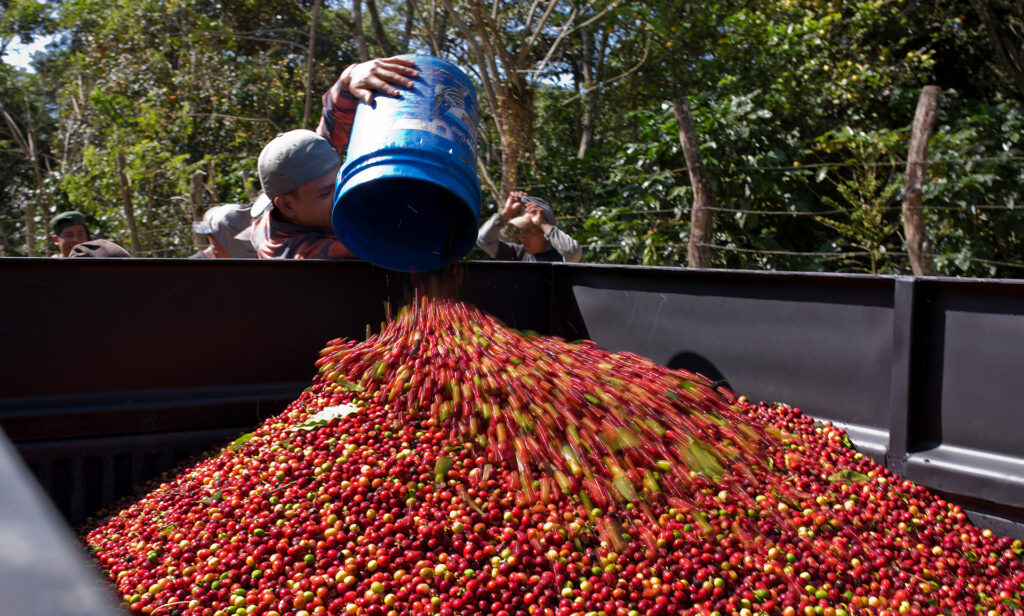
Elmer Fajardo Pacheco, co-owner of Anticonquista, also sees a future for CSA in coffee, especially for first and second generation immigrants to the US. He is eager to continue Anticonquista’s work and move towards a better future for coffee farmers.
“While we’re a very young company, we have a bigger vision of what we can achieve with our CSC program and the level of direct support our members can have with the farm,” he explains. “We must think in creative ways in how a CSA can promote dignity, improve overall health of both farms and producers and increase investments in agroecological production, infrastructure, and equipment.”
Marco Dregni is a freelance journalist based in Minneapolis. Read more Marco Dregni for Sprudge.
Photos by Lauren Reese.
